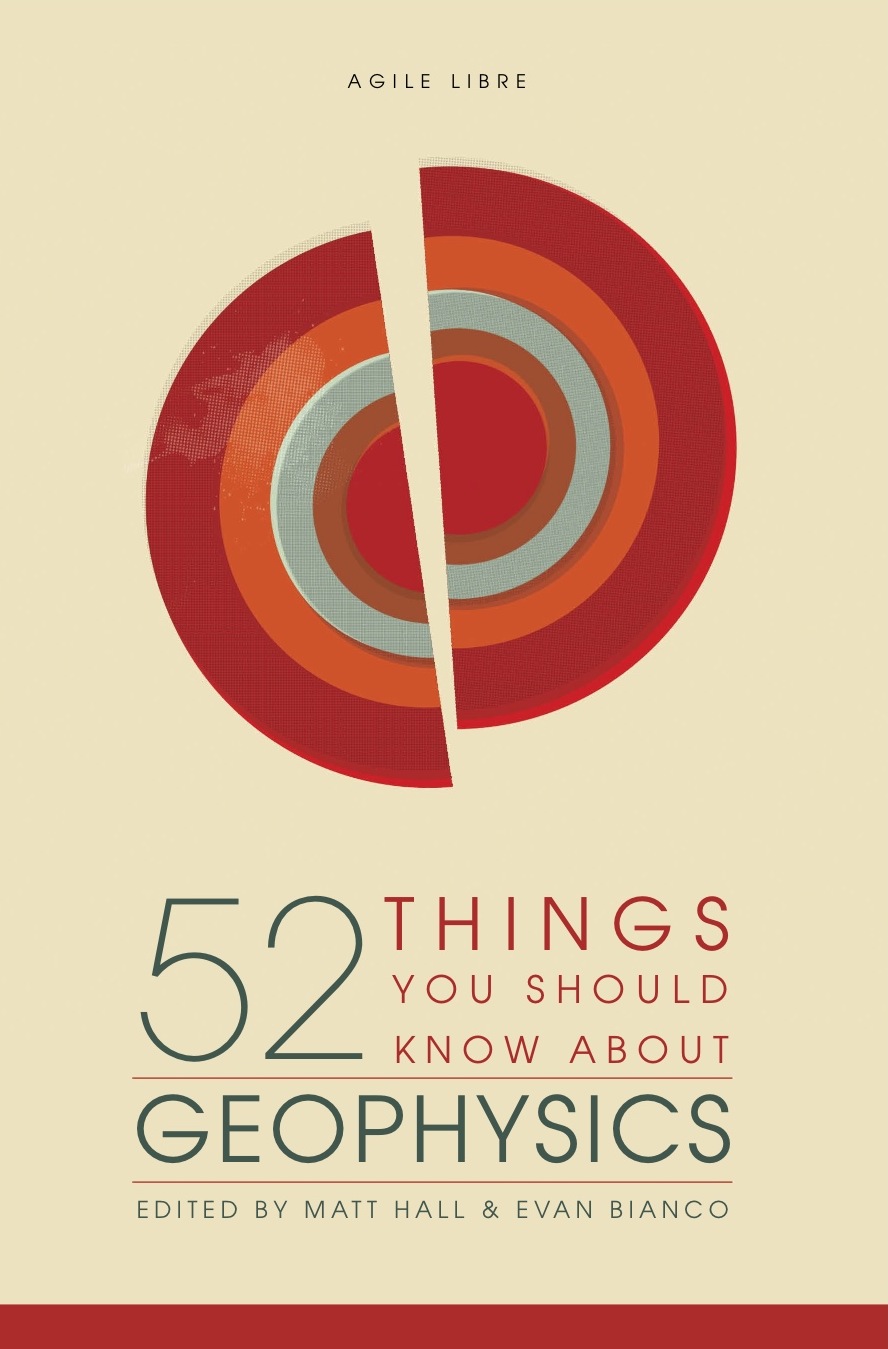How do I become a quantitative interpreter?
/TLDR: start doing quantitative interpretation.
I just saw this question on reddit/r/geophysics —
I always feel a bit sad when I read this sort of question, which is even more common on LinkedIn, because it reminds me that we (in the energy industry at least) have built recruiting patterns and HR practices that make it look as if professionals have career tracks or have to build CVs to impress people or get permission to train in a new area. This is all wrong.
Or, to be more precise, we can treat this as all wrong and have a lot more fun in the process.
If you are a 'geologist' or 'geophysicist', then you are in control of your own career and what you apply yourself to. No-one is telling you what to do, they are only telling you what they need. How you do it, the methods you apply, the products you build — all this is completely up to you. This is almost the whole point of being a professional.
The replies to Timbledon's question include this one:
I disagree with Schwa88. Poor Timbledon doesn't need another degree. Rock physics is not a market, and not new. There are no linear tracks. And there is no clear or useful distinction between rock physics and quantitative interpretation (or petrophysics, or seismic geophysics) — I bet there are no two self-identifying quantitative interpreters with identical, or even similar, job or educational histories.
As for 'now is not the time'... I can't even... 'Now' is the only time you can do anything about, so work with it.
OK, enough ranting, what should Timbledon do?
It's easy! The best way to pursue quantitative interpretation, or pretty much anything except pediatric cardiology, is to just start doing it. It really is that simple. My advice is to use quantitative methods in every project you touch, and in doing so you will immediately outperform most interpreters. Talk to anyone and everyone about your interest and share your insights. Volunteer for projects. Go to talks. Give talks. To help you find your passion, take the time to learn about some big things:
- Rock physics, e.g. the difference between static and dynamic elasticity.
- Seismic processing, e.g. what surface consistent deconvolution and trim statics are.
- Seismic interpretation, e.g. seismic geomorphology and seismic stratigraphy.
- Seismic analysis, e.g. the difference between Zoeppritz, Fatti, and Shuey.
- Statistics, e.g. when you need multilinear regression, or K-means clustering.
Those are just examples. If you're more into X-ray diffraction in clays, or the physics of crystalline rocks, or fluid properties, or wellbore seismic, or time-lapse effects, or whatever — learn about those things instead.
Whatever you do, Timbledon, don't listen to anybody ;)

















 Except where noted, this content is licensed
Except where noted, this content is licensed